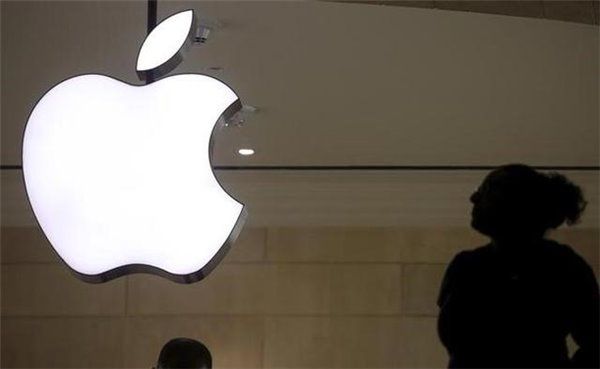 2874
2874
 2016-12-05
2016-12-05
In a new report, 8 out of 9 major technology firms either gave no reply or took no position when asked if they would cooperate with the incoming Trump administration in building a national registry of Muslims. Only a spokesperson for Twitter made clear the company would not cooperate.
Micrpsoft said it was “not going to talk about hypotheticals at this point,” while pointing to company statements on security collaboration between government and the tech industry.
The Intercept says it sought answers for two weeks, reaching out to companies via phone and email.
President-Elect Donald Trump and his transition team have waffled on several of his campaign promises, but they seem to still be considering a registry of immigrants from Muslim countries, and possibly of Muslim Americans. Under such a system, immigrants or citizens in a database could be subject to interrogations and other forms of monitoring.

How exactly such a system would work is still unclear, but it’s easy to imagine information harvested from social media, big data analytics, and large-scale database infrastructure being attractive tools for anyone trying to build it.
It’s a bit surprising to see that Apple did not provide a reply to the inquiry, considering the months-long legal battle it waged against the FBI over providing tools to access an iPhone used by a terrorist attacker. The same could be said for Google, whose longtime motto “Don’t Be Evil” was often interpreted as a promise to act responsibly with users’ data.
As The Intercept’s Sam Biddle made clear, providing no answer isn’t the same as “tacitly endorsing” a Muslim registry. But the hesitancy of normally pro-privacy companies to take a position could be seen as an index of a political landscape that has shifted massively.
Source:fortune